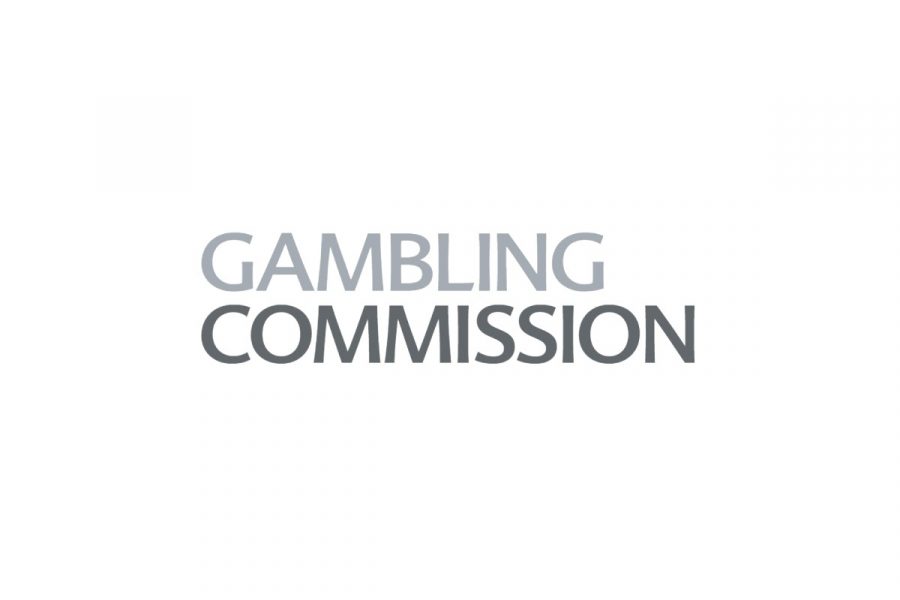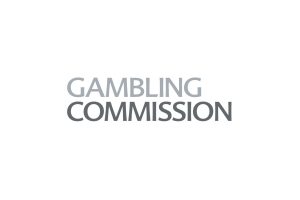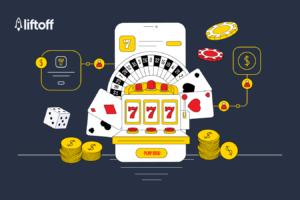Britain’s Gambling Commission reports drop in problem gambling

The Gambling Commission has reported that the rate of problem gambling fell to 0.3 per cent in Q3, matching the lowest figure on record.
UK.- The Gambling Commission’s quarterly participation and problem gambling survey has found that problem gambling levels fell to 0.3 per cent in September. It’s the joint lowest figure on record since the survey began in 2016.
The phone survey, conducted by Yonder, uses the Problem Gambling Severity Index (PGSI). September’s survey found that 0.3 per cent of 4,009 respondents classified as problem gamblers, down from 0.6 per cent in September 2020 and from 0.4 per cent in June 2021. In men, the rate dropped from 0.8 per cent in 2020 to 0.3 per cent.
See also: Britain’s Gambling Commission reports on BAME analysis
The percentage of respondents at moderate risk of gambling harm fell to 0.7 per cent, the same level reported in the last quarterly survey in June. The total percentage of people at risk was down from 4 per cent to 2.9 per cent.
British gambling participation remains stable
Overall gambling participation remained largely stable year-on-year with 42 per cent of respondents saying they had gambled in the four weeks prior to the survey (28.3 per cent excluding National Lottery).
The figure is, however, down considerably from 2019 when participation reached 46.7 per cent.
See also: Gambling Commission confirms four bids for UK National Lottery
The National Lottery remained the most popular gambling product by far, with participation of 26.5 per cent.
However, online gambling participation hit a high of 25 per cent (17.7 per cent not including National Lottery). In-person gambling participation fell from 28.6 per cent to 23.9 per cent, a long way from the pre-pandemic rate of 34.9 per cent.
BGC response
Betting and Gaming Council chief executive Michael Dugher highlighted the results of the survey. He said: “Since being established in 2019, we have worked tirelessly to drive up standards in the regulated betting and gaming industry and promote safer gambling.
“Our initiatives have included using advertising to promote safer gambling tools like deposit limits and time-outs, investing more in research and treatment, funding an education programme provided by GamCare and YGAM, implementing the credit card ban and introducing tough new rules on VIP schemes and changes game design, as well as using technology to intervene with customers online.”
He added: “As we continue to make progress on problem gambling and drive ever higher standards on safer gambling in the regulated sector, it’s vital we don’t do anything that drives people to the unsafe, unregulated black market online, which has none of the protections or safer gambling interventions that we see with licensed operators.”











